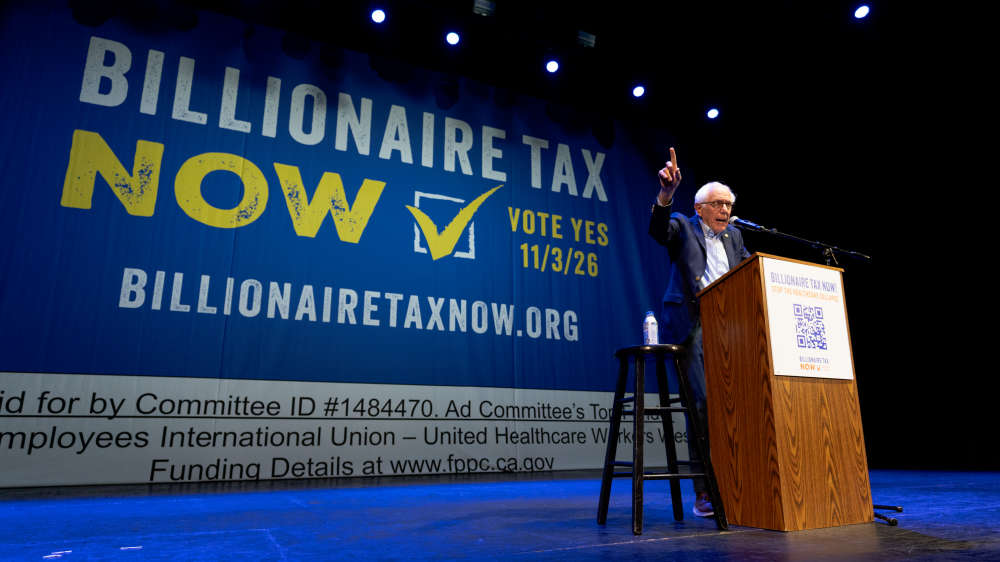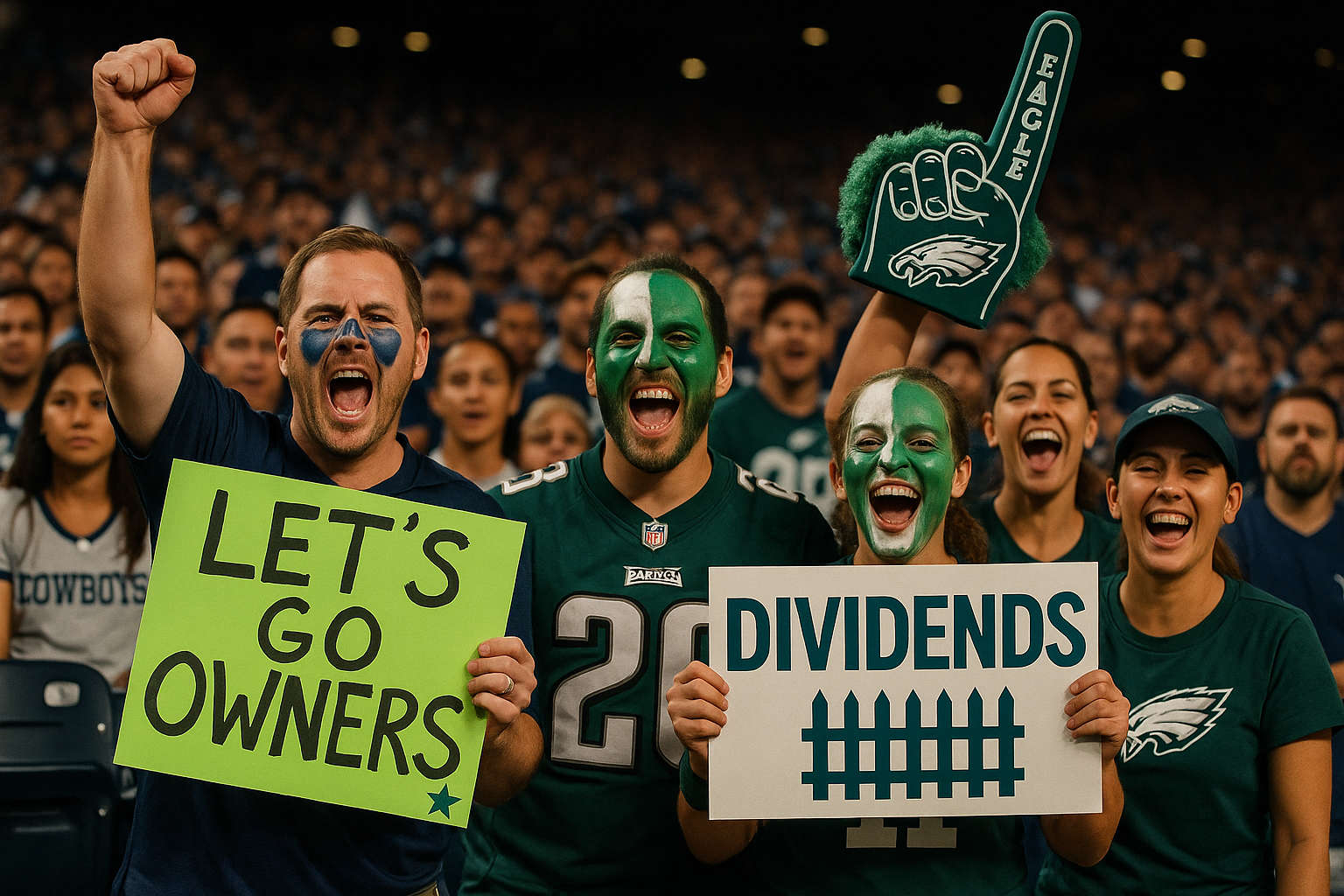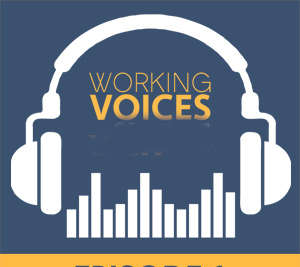
Image via iStock
Goodbye, Silicon Valley. Hello, Silicon Slopes.
The tech hubs of San Francisco and San Jose fell precipitously in this year’s ranking of U.S. cities’ economic performance released Wednesday morning by the Milken Institute, a nonpartisan think tank that’s published the index every year since 1999. San Francisco and San Jose, which ranked Nos. 1 and 5 last year, respectively, fell to Nos. 24 and 22. Meanwhile, the Provo-Orem region in Utah captured the No. 1 spot, and Salt Lake City rose to No. 4. Utah, the report notes, “has been a recipient of the tech sector’s out-migration from the more expensive coastal cities of California,” attracting companies like Qualtrics, Vivint and SmartCitizen.
The report — which ranked cities based on jobs, wages, high-tech growth, housing affordability and household broadband access — found that the pandemic’s shift to remote work has likely affected California more than any other state. With companies like Salesforce, Twitter, Square, Dropbox, Yelp and Pinterest permitting most employees to permanently work from home, downtown San Francisco is reeling. And Silicon Valley companies Hewlett Packard Enterprise and Oracle recently decamped to Texas, though Google is still planning to expand its offices in San Jose and San Francisco.
- Kevin Klowden, executive director of the Milken Institute Center for Regional Economics: “The pandemic has had an outsized impact on cities where the economic effects of the current recession are exacerbated by high housing costs.”
 Of the 10 cities that saw the biggest drop in rankings, three were in California: Salinas, Santa Cruz and Oakland. The report attributed this partly to “extremely high housing costs” due to their proximity to the San Francisco Bay Area, noting that many residents don’t have “jobs and salaries in high-tech industries to compensate for high costs of living.”
Of the 10 cities that saw the biggest drop in rankings, three were in California: Salinas, Santa Cruz and Oakland. The report attributed this partly to “extremely high housing costs” due to their proximity to the San Francisco Bay Area, noting that many residents don’t have “jobs and salaries in high-tech industries to compensate for high costs of living.”
But costs can even be prohibitive for those who do. After CJ Paillant, a product manager for a Silicon Valley software company, lost his job early in the pandemic, his $5,400 monthly rent payments began piling up. He and his roommate now owe $43,805 in rent, CalMatters’ Laurence Du Sault reports.
- Paillant: “I got stuck in my luxury apartment. Now I’ve got to raise this money. My life feels like a movie.”
CalMatters.org is a nonprofit, nonpartisan media venture explaining California policies and politics.
-
 'Enough Is Enough': Sanders Kicks Off California Billionaire Tax Campaign at The Wiltern
'Enough Is Enough': Sanders Kicks Off California Billionaire Tax Campaign at The Wiltern
Union workers, healthcare advocates, and thousands of Angelenos packed The Wiltern on Wednesday for the official launch of the California Billionaire Tax Act. Senator Bernie Sanders, Tom Morello, and leaders from the state's biggest unions made the case for taxing 200 of California's wealthiest residents.
-
 Washington tramples UCLA 48-14 on Senior Night
Washington tramples UCLA 48-14 on Senior Night
Washington steamrolled UCLA 48–14 on Senior Night at the Rose Bowl, capitalizing on turnovers, special teams chaos, and a dominant night from QB Demond Williams Jr.
-
 UCLA Football Wins Its Third Straight Game Ahead of Ranked Matchup
UCLA Football Wins Its Third Straight Game Ahead of Ranked Matchup
UCLA keeps rolling. After edging Maryland 20–17 at the Rose Bowl, the Bruins have quietly stacked three straight wins and are heading into another ranked showdown. Charlie Gonzalez breaks down the grind, the grit, and the moments that mattered.
-
 What Are We Cheering For?
What Are We Cheering For?
Every holiday, every weekend, every so-called American ritual came with a side of football. The game would be on, and we were supposed to care. I didn’t. Not really. Not until I almost did. For a brief stretch, when my dad worked with the Clippers during the Lob City era, I started to believe. Chris Paul, Blake Griffin, DeAndre Jordan — it felt like swagger, like culture, like something to belong to. Then the trades came, the team got gutted, and the curtain dropped. It wasn’t family. It wasn’t culture. It was business. That moment stuck. The more I watched, the more the wires showed: how ritual gets packaged, sold, and weaponized. How meaning becomes merchandise. How attention becomes empire.















